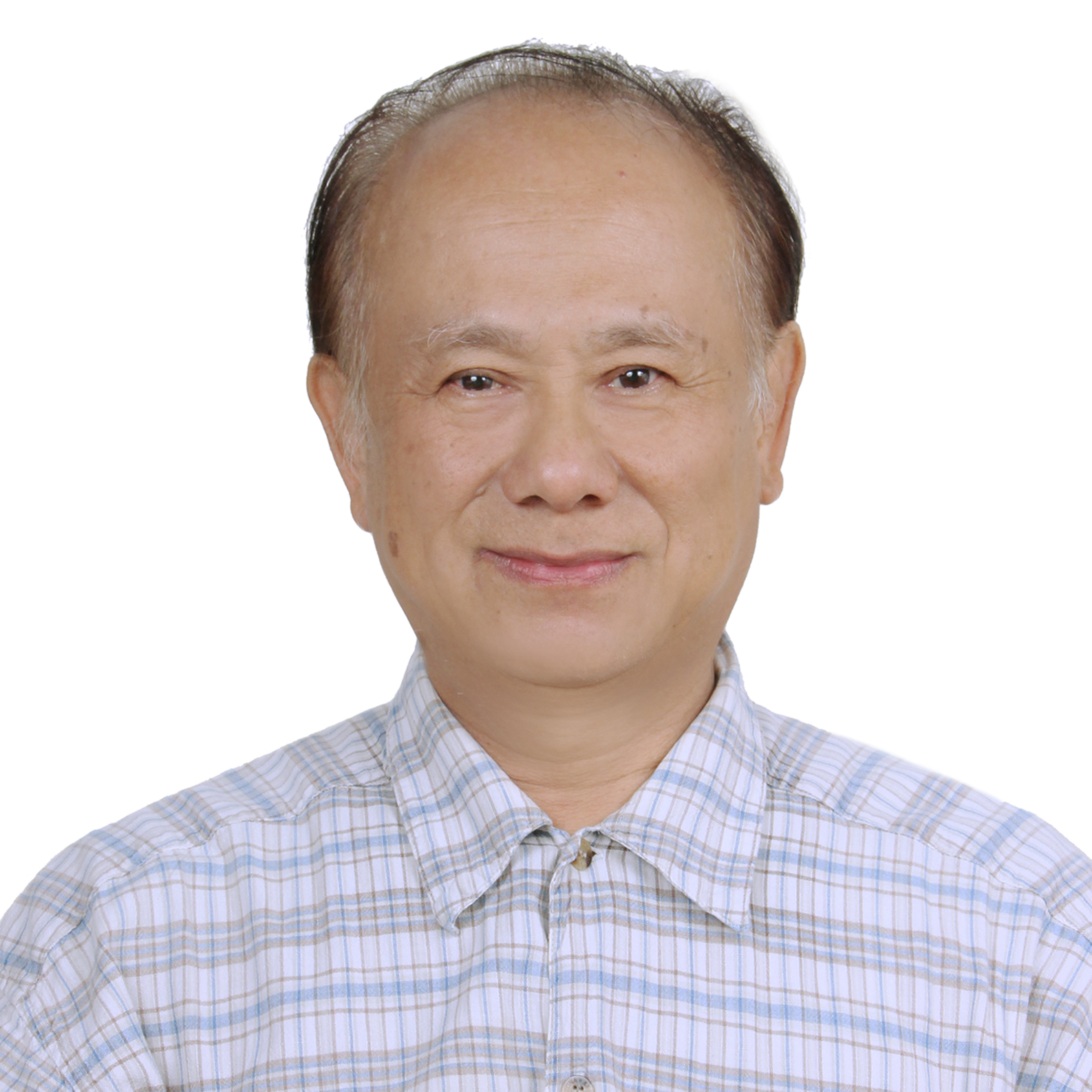| Biography | |
|---|---|
 Prof. Hui-Ming Wee Chung Yuan Christian University, Taiwan, China |
|
| Title: Environmental friendly construction material from hydroelectric power plants | |
| Abstract: In the process of producing hydroelectricity, plants all over the world are faced with the problem of reservoir sediment. If this sediment is removed but not properly disposed of, it can become a secondary pollutant. This study proposes a way to resolve this problem through reuse and recycling. In this talk, we discuss a Design for Six Sigma (DFSS) process where reservoir sediment and the masonry waste from the construction industry are combined with cement and a curing agent. The resulting mixture is then transformed into a high strength, non-sintered cured brick after 28 days of natural curing. This product is a new walling material that is friendly to environment, fulfil the goal of energy conservation, waste recycle, protect ecosystems, and promote sustainable development. Large scale recycling of reservoir sediment solves the problems that reservoir sediment poses, as well as increasing the capacity of reservoirs and the effectiveness of hydroelectric power plants. The green milestone reached by the technology is of great industrial, economic and social significance. Key words: recycling; renewable energy; reservoir sediment; hydroelectric power plants; sustainability. References: 1. Yung-Lung Cheng, Hui-Ming Wee*, Ping-Shun Chen, Yu-Yu Kuo, Guang-Jin Chen, 2014, Innovative reservoir sediments reuse and design for sustainability of the hydroelectric power plants, Renewable & Sustainable Energy Reviews, Vol. 36, August, pp. 212-219. (SCI, Impact Factor 10.556) 2. Kuang-Chin Chen, Hui-Ming Wee, Shu-Lung Wang, Yueh-Hua Wang, 2015, Characteristic Analysis of Sintered Glaze on Copper Metal Material Surface, International Journal of New Technology and Research, Volume-1, Issue-5, September, pp.59-62 (Impact Factor 1.09) 3. Hui-Ming Wee, Yang WH, Chou CW, Padilan MV, Padilan. Renewable energy supply chains, performance, application barriers and strategies for further development. Renewable & Sustainable Energy Reviews 2012; 16(8):5451-5465. (SCI, Impact Factor 10.556) | |
| Biography: Professor Hui-Ming Wee is an Adjunct Chair Professor in the Department of Industrial and Systems Engineering. He has received his B.S. degree (honors) in Electrical and Electronics Engineering from Strathclyde University (UK), M. Eng. from Asian Institute of Technology (AIT), and Ph.D. in Industrial Engineering from Cleveland State University, Ohio (USA). He has received an excellent research award from the Ministry of Science & Technology, excellent life researcher award and the Medal for Distinguished Industrial Engineer Award. He has published more than 500 papers in refereed journals, international conferences and book chapters. He is the Editor-in-Chief for the Journal of Ubiquitous Computing and Communication Technologies, Guest Editor for Journal of Cloud Computing, on ‘Cloud Information Technologies in Education’, Guest Editor for International Journal of Lean Six Sigma, on “How Lean Six Sigma Improve Organizational Resilience post COVID-19 . | |
